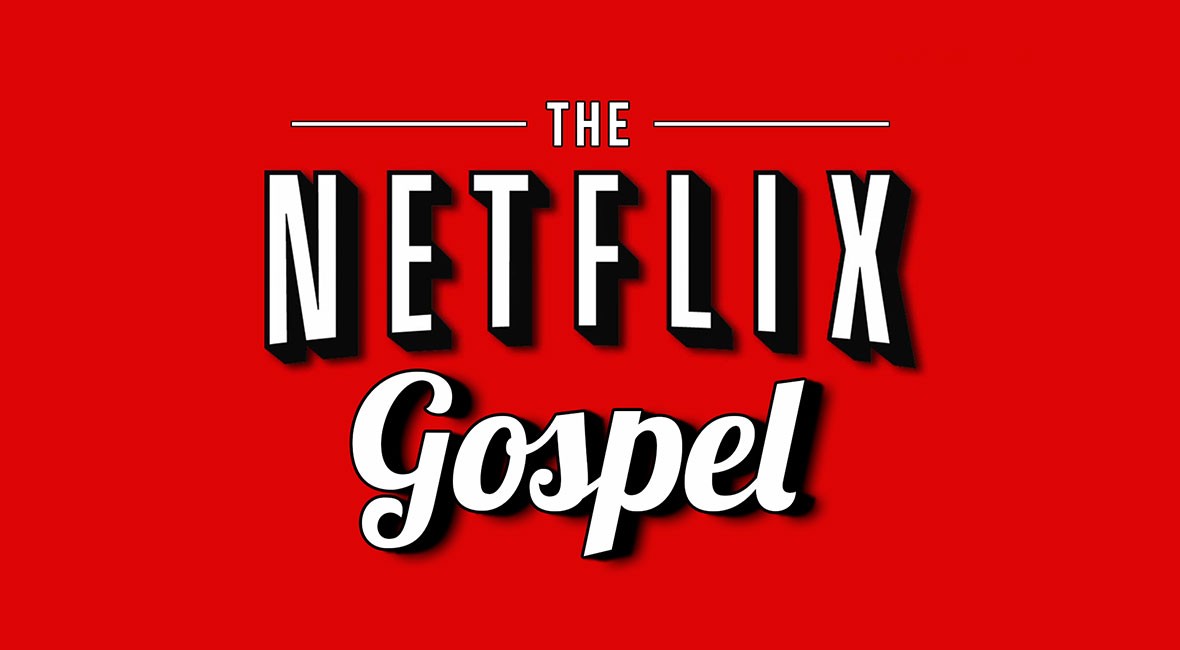The Walking Dead

The zombie phenomenon is fascinating. Our culture has become obsessed with the undead, and no show on television is capitalizing off of this phenomenon – or driving it – more than The Walking Dead. At first blush The Walking Dead appears to be nothing more than a serialized monster movie, a sprawling scare fest creeping its way into a fifth season. But I believe that the show is so much more than it appears.
Underneath that scary, monster movie exterior, is a host of deep questions that are being asked with sincerity and earnestness: Questions of the limits of science and the trajectory of society; Questions of God, faith, and the end of all things; Questions of humanity and what it means to be human – and not just to be human, but to also be good.
The zombie phenomenon in general, and The Walking Dead in particular, represents a dramatic shift in our culture toward something I call PostScience. Like postmodernism, PostScience is the belief (or perhaps the fear) that all of our scientific knowledge and technological advancement is either destroying us or will be powerless to save us from disaster. A zombie represents postmodernism’s greatest suspicion that we are doing irreversible damage to ourselves.
Beneath the suspicion of science, technology, and modernism is the terrifying idea that we cannot trust either ourselves or one another. We are postmodern not so much because modernism itself failed, but because we failed to live up to its ideals. We are PostScience not because we don’t believe in science, but because we cannot be trusted with the power science allows us to wield. It is we who have failed, and the subtle message of The Walking Dead and other zombie movies is that, with all of this great power we possess, in the end we have managed only to make monsters of ourselves.
What is the Christian response to this? Find out in my sermon from The Netflix Gospel on The Walking Dead.

